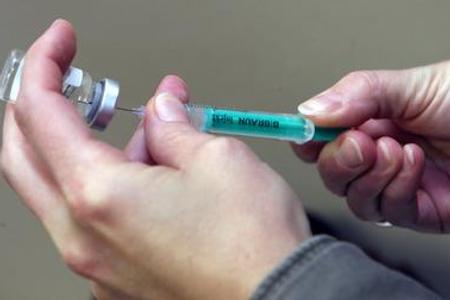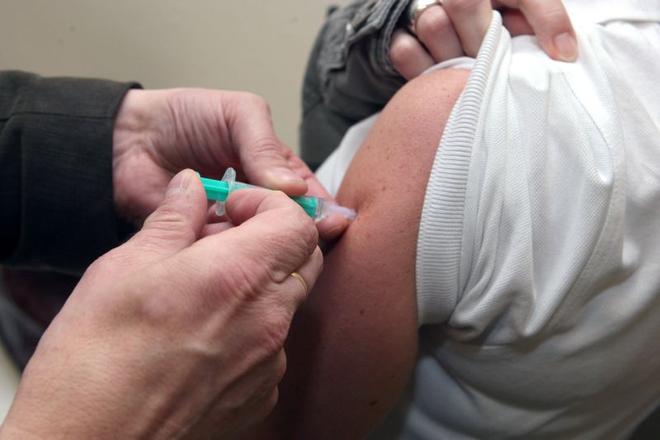The decision to vaccinate a child is difficult, therefore parents look for various shortcuts in their thinking, according to Research Institute for Child Psychology and Pathopsychology (VÚDPaP).
Children in Slovakia have to be vaccinated against 10 diseases. By August 2014 the vaccination rate of children born in 2012 did not exceed the required 95 percent for three diseases: measles, mumps and rubella, where it was only 94. 1 percent.

The institute conducted a survey among parents to find out what affects parents when deciding about this issue. The aim of the survey is not to argue for or against vaccination, according to Mária Hatoková of VÚDPaP, the TARS newswire reported.
“We were asking about experiences with vaccination, information sources and the decision-making process in deciding about vaccinating children,” Hatoková said, as quoted by TASR. “ We were observing clarity and persuasiveness of the most common presentations of pro-vaccination messages.”
The survey showed that parents find making decisions about the issue difficult, therefore they refer to friends or stories about this issue on the internet. Moreover parents do not see a doctor as the absolute authority but rather a partner.
“Currently we see changes in perception of doctors’ authority,” Hatoková said, as quoted by TASR.
Parents are also aware of the need to maintain collective immunity, however, they are worried about the health of their children, according to survey.



 Vaccination is in compliance with the constitution. (source: Sme)
Vaccination is in compliance with the constitution. (source: Sme)